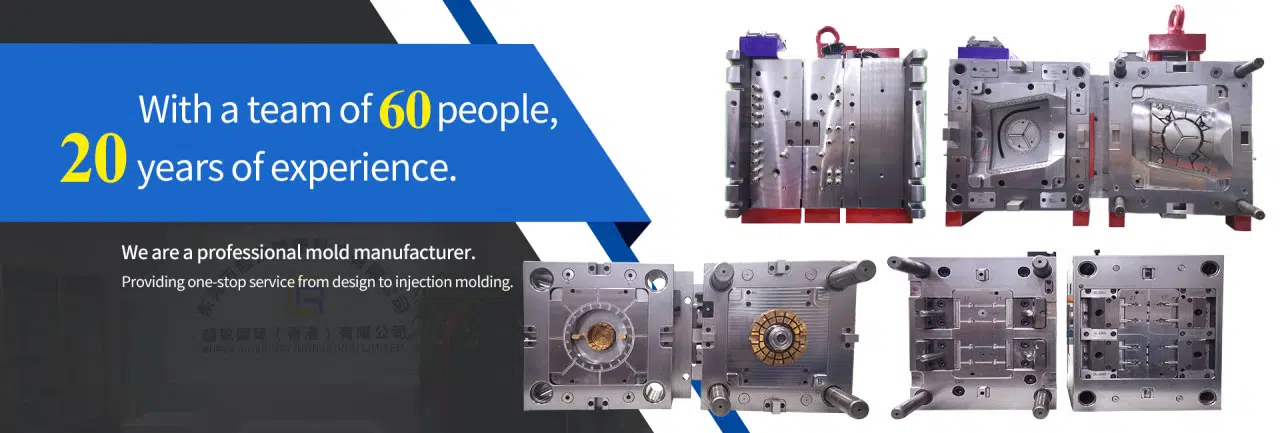
# Robotics in Modern Manufacturing
The Rise of Robotics in Modern Manufacturing
Keyword: Robotics
The manufacturing industry has undergone a significant transformation in recent decades, largely due to the integration of robotics. These advanced machines have revolutionized production lines, enabling faster, more precise, and cost-effective manufacturing processes.
How Robotics Are Changing Manufacturing
Modern robotics systems bring numerous benefits to manufacturing facilities:
- Increased production speed and efficiency
- Improved product consistency and quality
- Enhanced worker safety by handling dangerous tasks
- 24/7 operation without fatigue
- Greater flexibility in production changes
Types of Industrial Robots
Manufacturing facilities utilize several types of robots:
Articulated Robots
These versatile robots feature rotary joints and can perform complex movements, making them ideal for assembly and welding applications.
SCARA Robots
Selective Compliance Assembly Robot Arms excel at high-speed pick-and-place operations and are commonly used in electronics manufacturing.
Delta Robots
With their parallel-link structure, these robots offer incredible speed and precision for packaging and sorting tasks.
The Future of Robotics in Manufacturing
As technology advances, we can expect to see:
- Increased collaboration between humans and robots (cobots)
- More sophisticated AI-driven decision making
- Greater adoption of mobile robotics in warehouses
- Improved machine learning capabilities for quality control
- Expansion of robotic applications in small and medium enterprises
The integration of robotics in modern manufacturing continues to push the boundaries of what’s possible in industrial production. As these technologies become more accessible and sophisticated, they will undoubtedly play an even greater role in shaping the future of manufacturing worldwide.